What Injured Workers Can Expect
If you’re an injured worker in Minnesota and your workers’ compensation case is progressing toward trial, it’s important to understand what to expect. Whether you’re seeking wage-loss, medical benefits, permanent partial disability, or vocational rehabilitation, knowing the steps involved can help you feel more confident and prepared.
At Meuser, Yackley & Rowland, we are committed to providing injured workers with the guidance they need to navigate Minnesota’s workers’ compensation system effectively. This article will guide you through what to expect before, during, and after a Minnesota workers’ compensation trial.
Understanding Minnesota Workers’ Compensation Trials
In Minnesota, workers’ compensation trials (also referred to as hearings) are bench trials, meaning that they are decided by a judge rather than a jury. These trials are presided over by an Administrative Law Judge (ALJ) who reviews the evidence and decides the compensability of the injury and the benefits owed to the employee.
While the workers’ compensation process can seem overwhelming, Minnesota hearings are relatively informal compared to other court proceedings. However, the decisions made during these trials can have a significant impact on the injured worker’s rights and future. To help you navigate this process with confidence, here’s what you can expect during the trial stages.
Before the Minnesota Workers’ Compensation Trial: Preparing for Success
The preparation phase is essential to ensure your case is presented effectively. Here’s what you should expect before the trial:
Is Your Claim Compensable? Learn More Here
Hiring an Experienced Minnesota Workers’ Compensation Attorney
One of the most crucial steps before a workers’ compensation trial is hiring an experienced Minnesota workers’ compensation lawyer. While it’s possible to represent yourself, having an experienced attorney from a trusted firm like Meuser, Yackley & Rowland can improve the chances of a favorable outcome. An attorney can help gather evidence, organize your case, and prepare you for the trial proceedings.
Gathering Evidence and Identifying Key Witnesses
To strengthen your case, it is vital to gather all necessary evidence. This includes:
- Medical records: Detailed records from your healthcare providers documenting treatment.
- Expert reports: Reports from medical or vocational experts to support your claims.
- Employment documents: Wages, performance reviews, and discipline/commendations.
- Witness statements: Statements from witnesses to your injury or its effects on your life.
- Other evidence: Any evidence (i.e. video evidence of the injury) to support your claims.
During the Trial: What to Expect at the Minnesota Workers’ Compensation Hearing
The trial process in a Minnesota workers’ compensation case is often informal compared to traditional courtroom procedures. Below is an outline of what will happen during your trial:
The Role of the Administrative Law Judge (ALJ)
Minnesota workers’ compensation hearings are presided over by an ALJ, who has the final say on the case. The ALJ will listen to the testimony, review the evidence, and then issue a Findings & Order outlining the outcome of the case.
Initial Pre-Trial Discussions
Before the trial officially begins, there will be an off-the-record conversation between the attorneys for both sides and the ALJ. This conversation is meant to clarify the issues for trial and to address any preliminary matters to ensure the trial proceeds smoothly. Once these matters are settled, the ALJ will go on the record and the trial will begin.
Introducing Exhibits
At least two days before trial, both parties will have electronically submitted their exhibits (such as medical records, correspondence, and witness statements) for review by the judge. At the trial, both parties will formally offer these exhibits into evidence. The judge will make decisions about what exhibits will be accepted and will review these records before reaching a decision.
Opening Statements
Once the trial begins, the attorney for the employee will make an opening statement, summarizing the issues and laying out the evidence that will support the employee’s position in the case. The attorney for the employer may choose to make their opening statement after the attorney for the employee, or they may defer their opening statement until it is their turn to present their case.
Fact Witness Testimony
After the attorney for the employee makes their opening statement, the employee and their witnesses will testify. This could include you, the injured worker, as well as family members, friends, or co-workers who can testify about your injury and its impact on your life.
Expert Witness Testimony
The attorney for the employee may also have their medical or vocational experts testify, subject to cross-examination. Often, however, the parties will rely solely on the medical records and reports or have their experts testify via deposition and introduce the transcripts of those depositions as exhibits for hearing.
Employer’s Case
After the employee presents their case, the employer’s attorney will have the chance to present their own case. This will include making an opening statement and calling any fact witnesses to testify on the employer’s behalf. Afterward, the employee’s attorney will cross-examine the employer’s witnesses.
Closing Arguments
Once both sides have presented their evidence, the attorneys will make closing arguments. These arguments summarize the evidence presented, and the attorneys emphasize the key points they believe will persuade the judge to rule in their favor.
After the Trial: What Happens Next?
After the trial, the process of obtaining a decision from the ALJ and ensuring compliance with that decision is critical for injured workers. Here’s what you can expect after your workers’ compensation trial in Minnesota:
Issuance of the Findings & Order
After the trial, the ALJ will issue a Findings & Order within 60 days after the trial record closes. This decision will determine whether your injury is work-related and compensable under Minnesota workers’ compensation law. The ALJ will also determine what benefits you are entitled to, such as:
- Wage loss benefits
- Medical benefits
- Permanent partial disability benefits
- Vocational rehabilitation
The ALJ cannot award compensation for pain and suffering, and they can only award benefits that are accrued by the date of the hearing. Ongoing benefits, such as wage loss or medical benefits, will be paid as they are due.
Appealing the Decision
If either party is dissatisfied with the ALJ’s decision, they have the right to appeal the decision to the Workers’ Compensation Court of Appeals. This appeal must be filed within 30 days of receiving the Findings & Order. The Workers’ Compensation Court of Appeals will review the record of the case and either affirm, modify, or reverse the ALJ’s decision.
Enforcing the Decision
Once the ALJ issues a decision in favor of the injured worker, the employer and insurer are required to pay the benefits owed to the employee within 14 days. If they fail to do so, penalties and interest may be assessed.
Key Tips for Workers Preparing for a Workers’ Compensation Trial in Minnesota
Contact Meuser, Yackley & Rowland for Assistance
- Stay Organized: Keep track of all medical records, documents, and any communications related to your case.
- Dress Appropriately: Courtroom decorum matters. Dress in business attire, including a suit or nice dress, to show respect for the process.
- Arrive Early: Plan to arrive early at the courthouse, allowing time for parking, security, and locating your courtroom. You can see more information about the Hennepin County Court Parking & Transit information here.
- Stay Professional: Maintain a professional demeanor throughout the trial. This includes respecting the judge, opposing counsel, and witnesses.
- Bring Snacks: Trials can sometimes be long, so consider bringing snacks and drinks for breaks.
If you’re facing a Minnesota workers’ compensation trial, the attorneys at Meuser, Yackley & Rowland are here to help.
Established in 1990, our law firm has extensive experience representing injured workers in Minnesota. From preparing your case to navigating the trial process, we are committed to fighting for your rights and ensuring that you receive the benefits you deserve. Reach out to us today for a consultation and let us guide you through every step of your workers’ compensation case.








